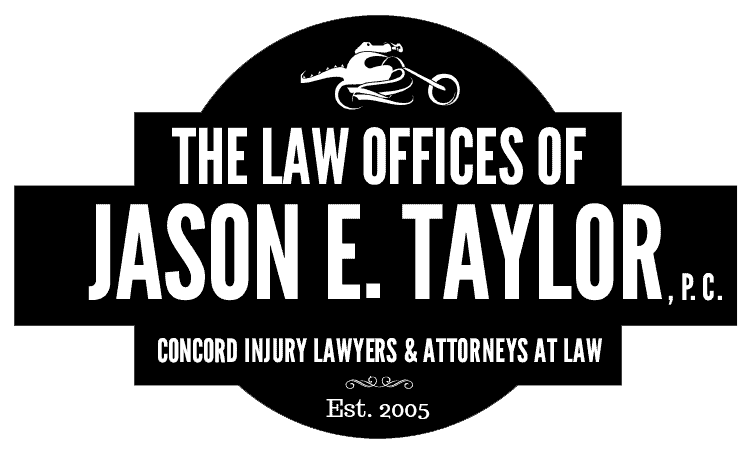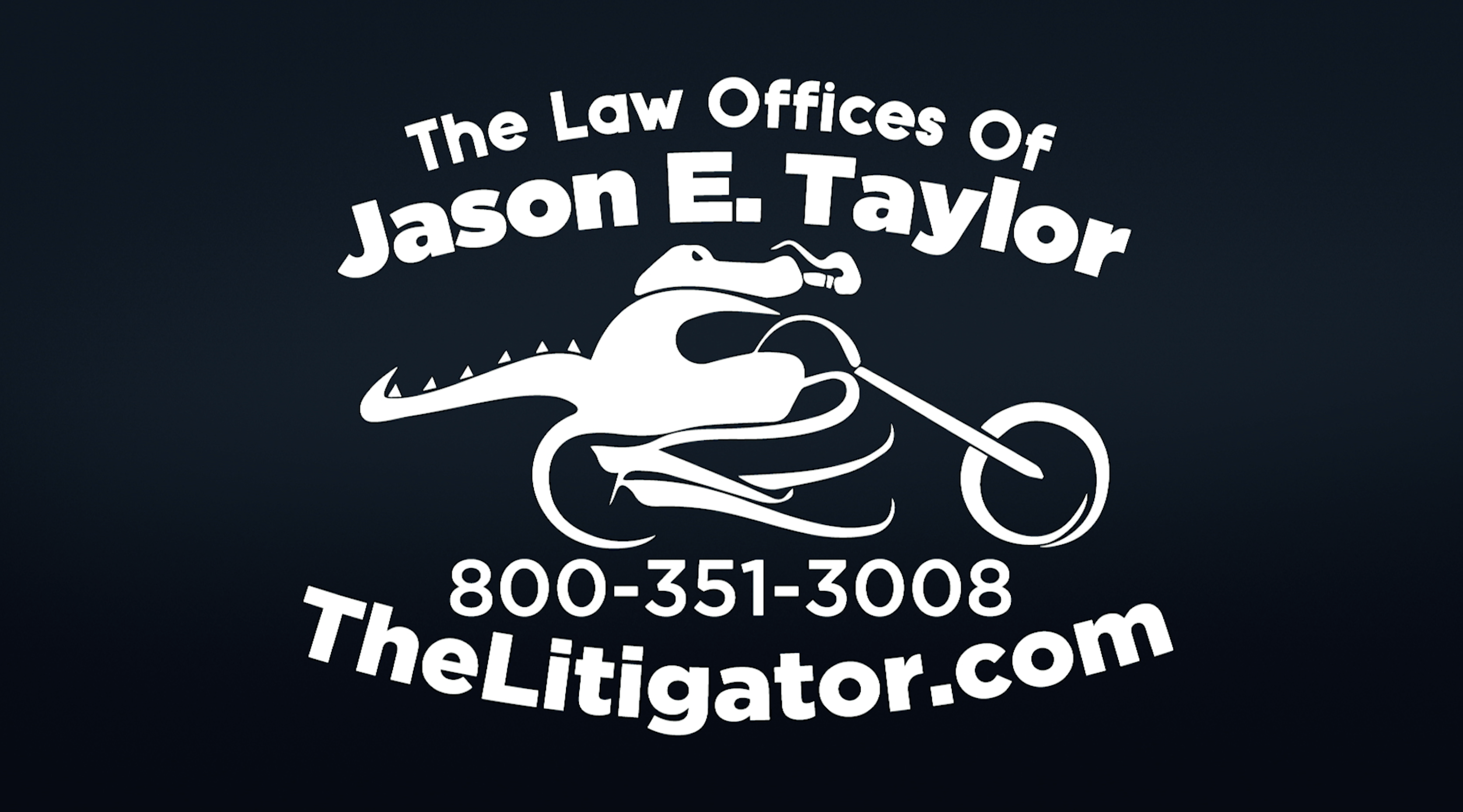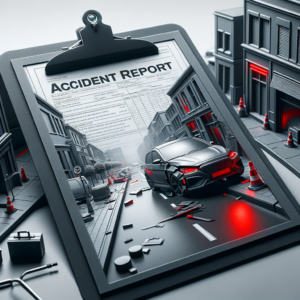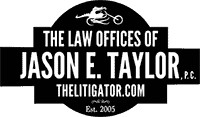If you live in Concord, NC, you know that car accidents are a common occurrence. Whether it’s a fender bender on the Concord Parkway South or a serious collision on I-85, car accidents can happen to anyone at any time. If you’ve been in a car accident, you may wonder if you should go to the doctor.
Going to the doctor is always a smart option after a car accident. Even if you don’t think you’ve been injured, it’s important to get checked out by a medical professional. It’s better to be safe than sorry, and going to the doctor can give you peace of mind that you are indeed okay.
At The Law Offices of Jason E. Taylor, we have assisted car accident victims in Concord, NC, for over 17 years. We know the ins and outs of the legal process and can help you get a fair settlement. Contact a Concord car accident lawyer today for a free consultation and to get started on your car accident case.
Common Injuries Sustained in Concord Car Accidents
Several different injuries can be sustained in a car accident. Some of the most common include:
- Whiplash: This is a neck injury caused by the head’s sudden jerking motion. Symptoms of whiplash can include neck pain, stiffness, and headaches.
- Back Injuries: These can range from minor sprains and strains to serious injuries such as herniated discs. Back pain is one of the most common symptoms associated with car accidents.
- Broken Bones: Bones can be broken in auto accidents due to the force of impact. Commonly broken bones include ribs, collarbones, and legs.
- Traumatic Brain Injuries: These are some of the most serious injuries that can be sustained in a car accident. Traumatic brain injuries can range from concussions to more serious injuries such as skull fractures and brain bleeds.
When Should I Seek Medical Treatment?
If you have been involved in a car accident, you should seek medical attention as soon as possible. Even if you don’t think you are injured, it is important to get checked out by a doctor. Many injuries, such as whiplash and traumatic brain injuries, may not display symptoms immediately. A doctor can properly evaluate your condition and determine if you have any hidden injuries.
It is also important to seek medical treatment even if your injuries seem minor. Some minor injuries, such as bruises and cuts, can become infected if they are not adequately treated. In addition, some seemingly minor injuries (such as bruising on the abdomen) can be quite severe, leading to serious injury. A doctor will be able to properly diagnose and treat your injuries so that you can recover as quickly as possible.
Should I Wait to Hear From the Insurance Company Before I Seek Medical Attention?
You should not wait to hear from the insurance company before seeking medical care. In fact, it is best to seek medical attention as soon as possible after the accident. Many insurance companies will try to downplay the severity of your injuries to avoid paying out a claim. However, a doctor’s report will document your injuries and their severity, making it more difficult for the insurance company to deny your claim.
What Information Should I Give to the Doctor?
Be sure to give the doctor a complete history of your car accident, including how it happened and what injuries you sustained. It is also important to let the doctor know if you are experiencing any pain or other symptoms. The more information you can provide, the better the doctor will be able to treat your injuries. Be honest and specific and don’t try to downplay your injuries.
What Type of Doctors Should I See?
You may need to see a few different types of doctors after a car accident. These can include:
- Primary Care Physicians: A primary care physician can evaluate your overall health and determine if you have any injuries that need to be treated or refer you to a specific type of specialist.
- Orthopedists: An orthopedist is a doctor who specializes in treating injuries to the musculoskeletal system, including bones, muscles, and joints. You will likely need to see an orthopedist if you have sustained any broken bones or back injuries.
- Neurologists: A neurologist is a doctor who specializes in treating conditions of the nervous system. You will likely need to see a neurologist if you have sustained a traumatic brain injury or whiplash.
In some car accident cases, immediate medical treatment is required. In these instances, victims are usually taken to the emergency room by ambulance. If you are taken to the hospital, tell the doctor that you were in a car accident so that they can properly document your injuries.
What Happens if I Don’t Seek Medical Treatment?
If you don’t seek medical treatment after a car accident, the insurance company may try to argue that your injuries are not severe or not a result of the accident. This could lead to a denial of your claim or a reduced settlement offer. In addition, failing to seek prompt medical treatment can result in your injuries becoming worse over time.
Who Pays My Medical Bills?
Med Pay Coverage
If you have Medical Payments coverage, often called Med Pay, your own insurance company will pay for your medical bills up to the limit of your policy, regardless of who was at fault for the accident. Med Pay may help cover:
- Visits with a medical professional
- Hospital stays
- Surgeries
- Ambulance rides
- Deductibles and co-pays
Health Insurance
If you don’t have Med Pay coverage, your health insurance company should help cover your medical bills. However, you may be responsible for paying your deductible and any co-pays. Health insurance policies vary from person to person, so it is important to check with your insurance company to see what coverage you have and when it may kick in. For example, Medicare will not pay bills on third-party liability claims, such as a car accident, until 120 days after the collision as they are considered a secondary payor and the at-fault driver’s auto insurance is considered the primary payor, even though they typically don’t compensate you for your bills until you are finished with treatment. That is one reason why it is important to have an experienced car accident attorney on your side.
At-Fault Driver’s Insurance Company
The at-fault driver’s insurance company should pay for your medical bills if they were caused by the accident. However, the claims process can be complicated, and there may be a delay in getting your medical bills paid. In some cases, victims may need to hire an attorney to help them get the compensation they deserve.
Out-of-Pocket Expenses
If you don’t have Med Pay or health insurance, you may be responsible for paying your medical bills out of pocket. In some cases, victims may be able to get reimbursement from the at-fault driver’s insurance company. However, this can be a complicated process, so it is important to seek the advice of an experienced car accident attorney.
Do I Need a Lawyer After My Concord, NC Car Accident?
While you are not required to hire an attorney after an auto accident in North Carolina, doing so is often in your best interest. You may need to hire an attorney if:
- The other driver was at fault for the accident and their insurance is refusing to pay your medical bills
- Your injuries are serious, and you are not receiving fair compensation from the insurance company
- You are not sure how to navigate the claims process
An experienced car accident attorney can handle all aspects of your claim, from negotiating with the insurance company to filing a lawsuit, if necessary.
If you’re still unsure about whether to hire a lawyer, we recommend that you contact us for a free consultation. During this meeting, you can ask questions and get more information about your legal rights and options.
What Can I Do If My Insurance Claim is Denied?
If your insurance claim is denied, you have a few options. First, you can try to negotiate with the insurance company. If you’re still not getting the compensation you deserve, you can file a lawsuit against the at-fault driver.
The claims process after a car accident can be complicated and frustrating. However, understanding your rights and options can improve your chances of getting the compensation you deserve. It’s important to note that you only have a limited amount of time to take legal action after a car accident in North Carolina. In North Carolina, the statute of limitations for most personal injury claims is three years. You may be barred from recovering compensation if you do not settle your claim or file a lawsuit to preserve the statute of limitations within this time. The statute of limitations is one of the first things you should discuss with your attorney.
If you have any questions or need assistance with your claim, we encourage you to contact us for a free consultation. Our experienced car accident lawyers can help you navigate the claims process and fight for the compensation you deserve.
Filing a Personal Injury Claim in Concord, NC to Recover Compensation for Your Medical Expenses
If you were injured in a car accident, you might be able to file a personal injury claim to recover compensation for your medical expenses. To do this, you will need to prove that the other driver was at fault for the accident. You can support your claim by providing evidence, such as eyewitness testimony, photos of the accident scene and vehicles involved, as well as your medical records.
At The Law Offices of Jason E. Taylor, our accident lawyers can help you investigate your accident, gather evidence, and establish a strong case for compensation. We will fight for the maximum compensation available under the law and ensure that your rights are protected every step of the way.
Other Damages You Can Recover in Personal Injury Claims
In addition to medical expenses, you might also be able to recover other damages in a personal injury claim, such as:
- Pain and suffering
- Lost wages
- Property damage
- Loss of enjoyment of life
How Much Does a Car Accident Lawyer Cost?
At The Law Offices of Jason E. Taylor, we work on a contingency fee basis. This means that we don’t charge any upfront fees and only get paid if we recover compensation for you.
The Law Offices of Jason E. Taylor Helps Victims Get the Compensation They Deserve After a Car Accident
If you or a loved one has been injured in a car accident, we want to help. At The Law Offices of Jason E. Taylor, our experienced and compassionate team will fight for the compensation you deserve so that you can focus on your recovery. Contact our Concord car accident attorneys today to schedule a free consultation.









